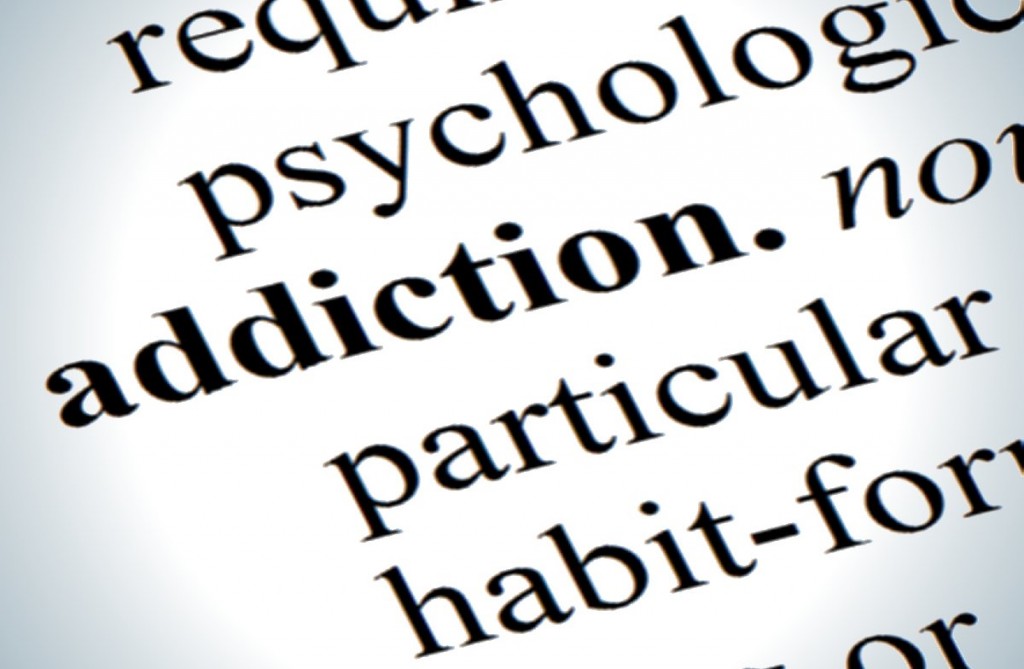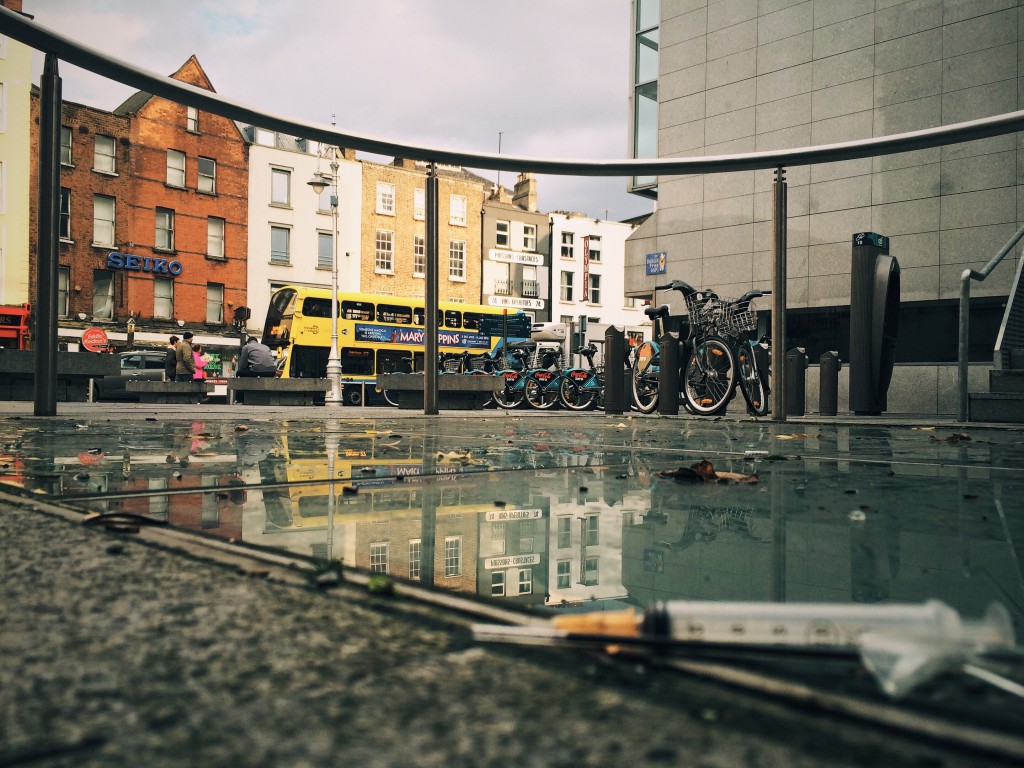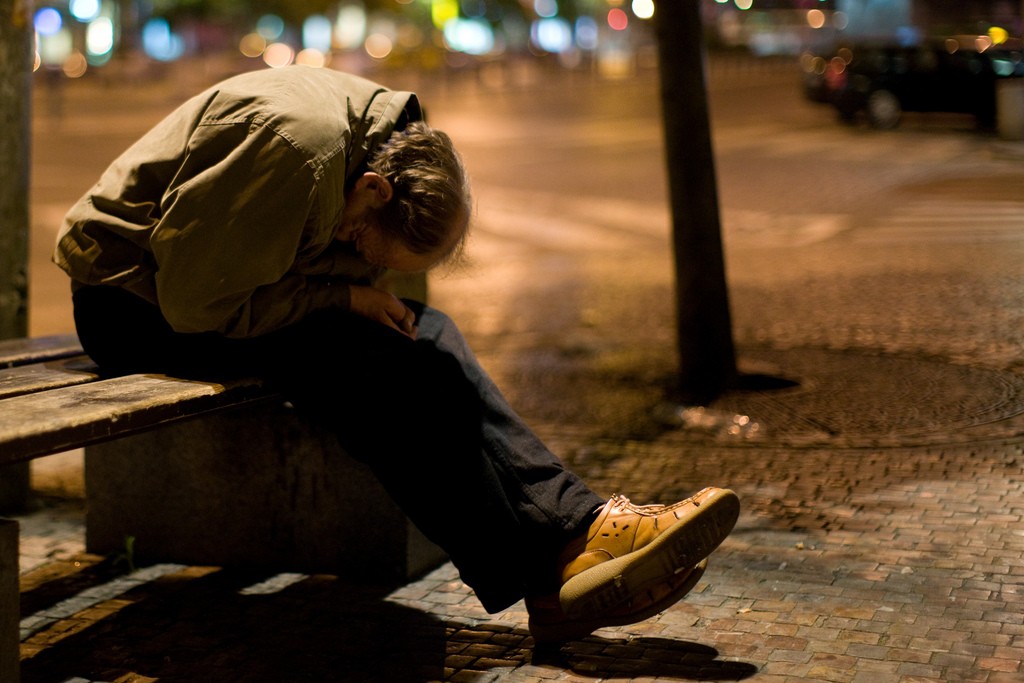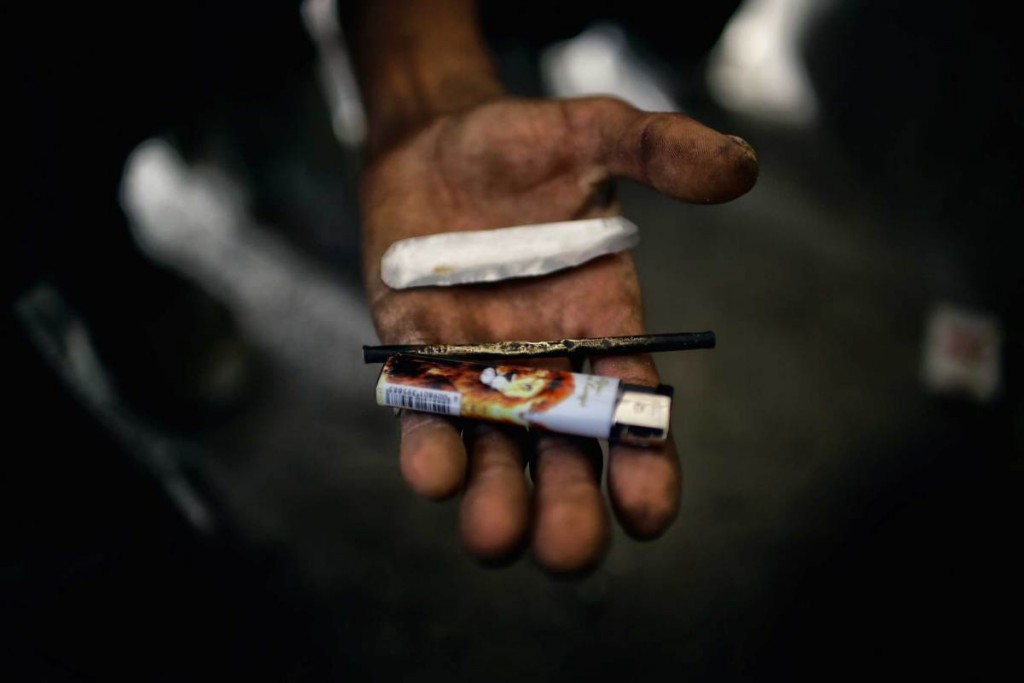This article was originally published on Transformation.
I saw my older brother inject himself with heroin for the first time when I was seven years old.
Both he and my aunt have a history of drug addiction. That was in 1993, the year in which 155 people in England and Wales died from heroin abuse. Twenty years later, the annual death rate has risen to 765, and visits to hospitals and prisons have become part of my life.
Much later on at a family wedding, I went to the toilet and saw my brother inside the cubical shooting up. He was pricking the sole of his foot with a syringe since the veins in his arms and neck had long collapsed. ‘Hurry up’, I said. ‘I need a piss.’ You could say I’d already become resigned to the realities of my world.
Growing up, I told myself a common story that was prevalent at the time: ‘Heroin takes all. It gives a high so catastrophically charming that addiction is inevitable from first use. Few can be saved. Helping is almost futile.’
Addicts numb themselves with a fix, so I numbed myself with pessimism. But other countries in Europe have more progressive policies on drugs, and their results are much more optimistic.
As I was writing this piece for example, Ireland was creating supervised injecting rooms in a bid to reduce fatalities. Mobile injecting ambulances already exist in Germany, the Netherlands, Spain, Denmark, Norway and Luxembourg. In the 1990s, Switzerland passed a bill to provide free heroin on prescription, and Swiss addicts are now less at risk from violent dealers and impure products. Ireland is expected to copy Portugal by decriminalising all drugs for personal use.

A bin for safe deposit of used needles, recently installed in Dublin, Ireland. (Source: Ana Liffey Foundation)
In 2001, Portugal stopped sending police into drug dens. Instead, they sent in psychiatrists and doctors.
As a result, deaths from drug overdoses fell by 80 percent. Today there are over 14 times more overdoses per head in Britain than in Portugal, and the number of drug-related offenders in prison there declined from 44 percent in 1999 to 21 percent in 2012. Compare this to a 2014 study by the Prison Reform Trust in England and Wales which found that 55 percent of prisoners had committed offences connected to drug taking.
These statistics tell a positive story, but to me they’re very painful. Have the heroin addicts I’ve loved suffered much more than they needed to? Was the ‘heroin takes all’ story I had internalised more a product of my British background than a necessary outcome? Will my own government take heed of the lessons learned elsewhere?
In 2013, the Liberal Democrat Party in the UK pushed for decriminalisation of all drugs. The Conservative Government commissioned an investigation into the issue, but simultaneously the Home Secretary Theresa May said this: “The government doesn’t believe there is a case for fundamentally re-thinking the UK’s approach to drugs—a royal commission is simply not necessary.” In that same year the death rate from heroin increased by 32 percent in 12 months, so why are the Conservatives so reluctant to re-evaluate their drug policies?
I think it’s because they don’t appreciate the true nature of heroin addiction. Mistakenly, they want to punish it, because those who want to arrest addicts think that this is what they deserve as criminals.
By contrast, those who treat addiction think that treatment is what addicts need. If we overemphasise the importance of desserts, we only get a one-dimensional understanding of heroin addiction. By thinking in terms of needs we can see the fuller picture. Let me explain.
As can be seen from George Osborne’s ‘Skiver vs. Striver’ rhetoric (Britain’s Chancellor of the Exchequer), meritocracy still underpins the Conservative Government’s concept of fairness. In this mindset, a heroin addict appears work-shy and hedonistic. ‘Junkies choose not to help themselves. Why should we spend our energy on the lazy? Why should we give to those who only take?’
I have to confess that I’ve had the same begrudging feelings. My brother and aunt often ask to borrow money from me to pay rent and bills because they’ve spend all their cash on heroin. I’ve felt morally queasy handing them my cash, as if I was colluding with their self-destruction. In the face of this hopeless dilemma, I cut them off, and told them that I wouldn’t see them again until they stopped using drugs. I’d scoff at the naiveté of progressives who said “Hey, let’s make it easier to buy heroin. Hell, let’s give it to them for free.”
But later, I changed my mind and decided to go and see my relatives again, despite the fact that were still injecting. I realised that they were in pain, and that they would only get worse with loneliness. Suffering typically underpins addiction. An Australian study of 1,650 heroin addicts carried out in 2005, found that 49 percent were psychologically distressed. Seventy-two per cent met the criteria for antisocial personality disorder.
What the Conservatives fail to appreciate is that addiction is an adaptation to disturbance. Should we really be wasting time in worrying about what punishments addicts deserve, or should we get on with giving them the help they need before they die?
Does this make me sound like another bleeding-hearted liberal? Why should mental illness allow people off the hook? If so many addicts are pathologically antisocial then why don’t they learn to take responsibility for themselves?
I agree. I want addicts to take responsibility too. If my brother and aunt could control their actions and shape their futures they’d be happier, healthier people. So would I. But punishment isn’t an effective means to teach addicts personal responsibility. The Prison Reform Trust, for example, has interviewed inmates who’ve used heroin and found that 19 percent said that they’d tried it for the first time while inside. Was prison a place where these people became ‘more responsible?’ You could argue that incarceration created the stressors that triggered their use of drugs.
It’s precisely because I want heroin users to develop moral agency that I favour treatment over punishment. Recovery programs aren’t warm, fuzzy places. They are focused on responsibility. For example, Narcotics Anonymous requires that addicts list all of the people who they have harmed. Later they have to think of ways to make amends. Rehab is where addicts learn to understand their triggers and control their impulses.

‘…teaching self-awareness to addicts in rehab is a better way of engendering responsibility than putting them in prison’. (Source: The Blue Diamond Gallery)
One of my brother’s friend’s has served 12 prison sentences. With each arrest he became more oppositional to the system that wanted him to change. A few years ago he went to rehab and hasn’t been convicted since. His trajectory reminds me of Aesop’s fable of the North Wind and the Sun, in which both elements compete to see who can get a man to take off his coat.
The wind blows as harshly as it can, and the man clings onto his coat more tightly. The sun shines, and the man takes off his coat to enjoy the day. In the same way, teaching self-awareness to addicts in rehab is a better way of engendering responsibility than putting them in prison.
We need to look at heroin addicts in-terms of what they need, not what they allegedly ‘deserve.’
Of course, decriminalisation isn’t a magic bullet. Even in Portugal drugs still claim lives, and some addicts are resistant to treatment. But if all governments adjusted their thinking then the ‘heroin takes all’ story I grew up with wouldn’t have to be the truth.
The average life expectancy of a heroin addict is 38 years, so I see my relatives as much as I can.
My brother has become prematurely arthritic as a side effect of his addiction. He berates himself and wishes he could “kick myself up the arse.”
Recently, something has changed about the way he smiles. He keeps his lips pursed together to hide his blackened teeth. Meanwhile, 30 miles across the Irish Sea, the Minister of State Aodhán Ó Ríordáin says that “It is imperative that we approach our drug problem in a more compassionate and sensitive way.”
When will British leaders say the same?
Tommy Ellis is a pseudonym. Correspondence for Tommy can be sent to the editors of Transformation




